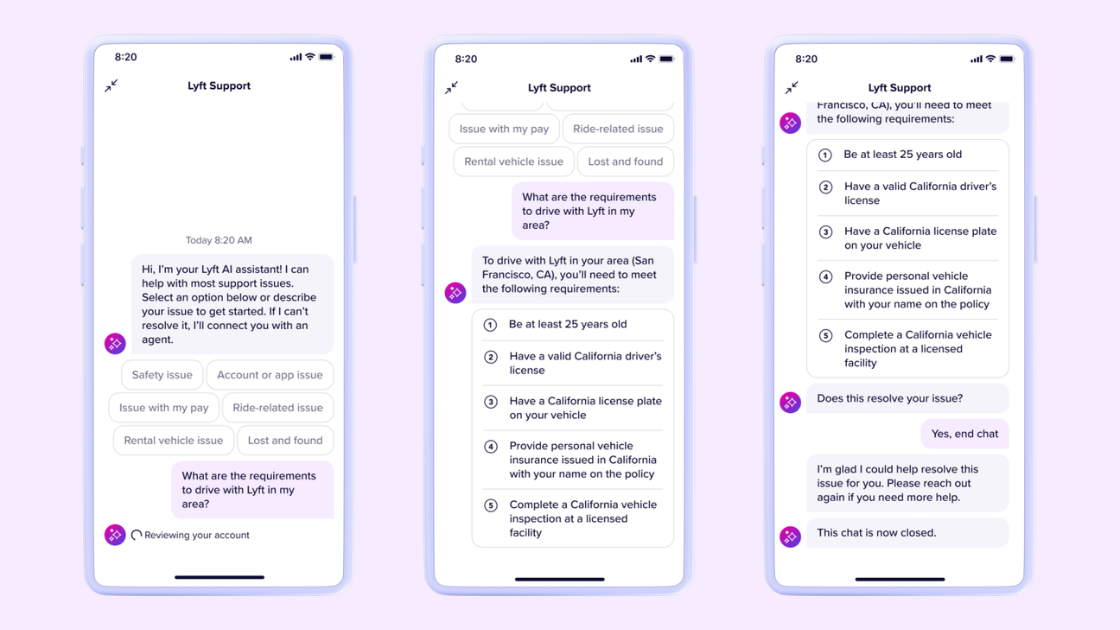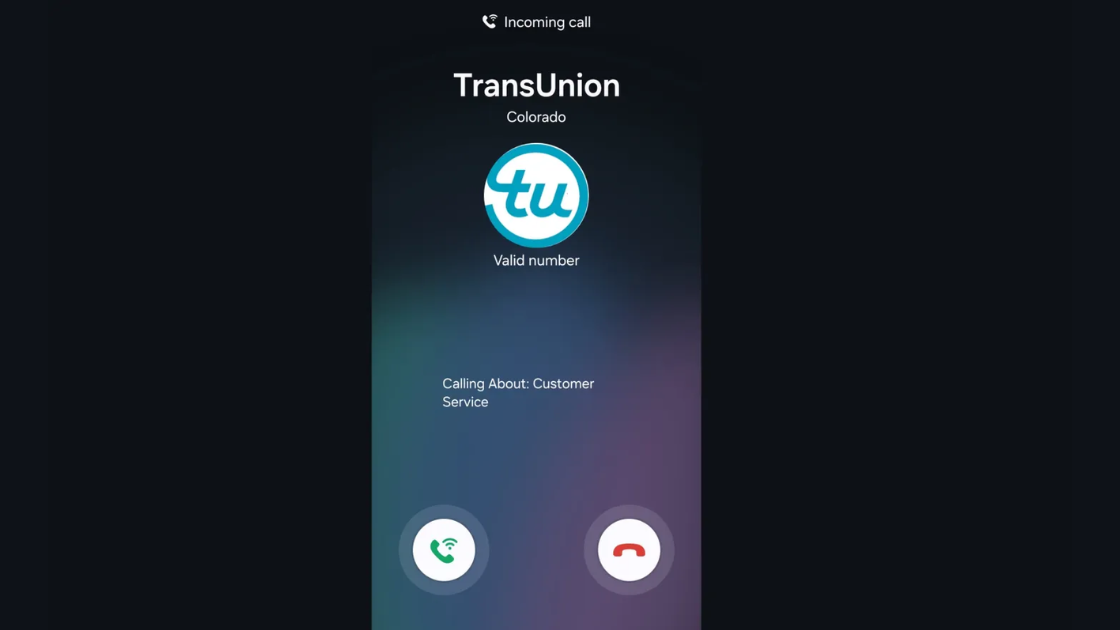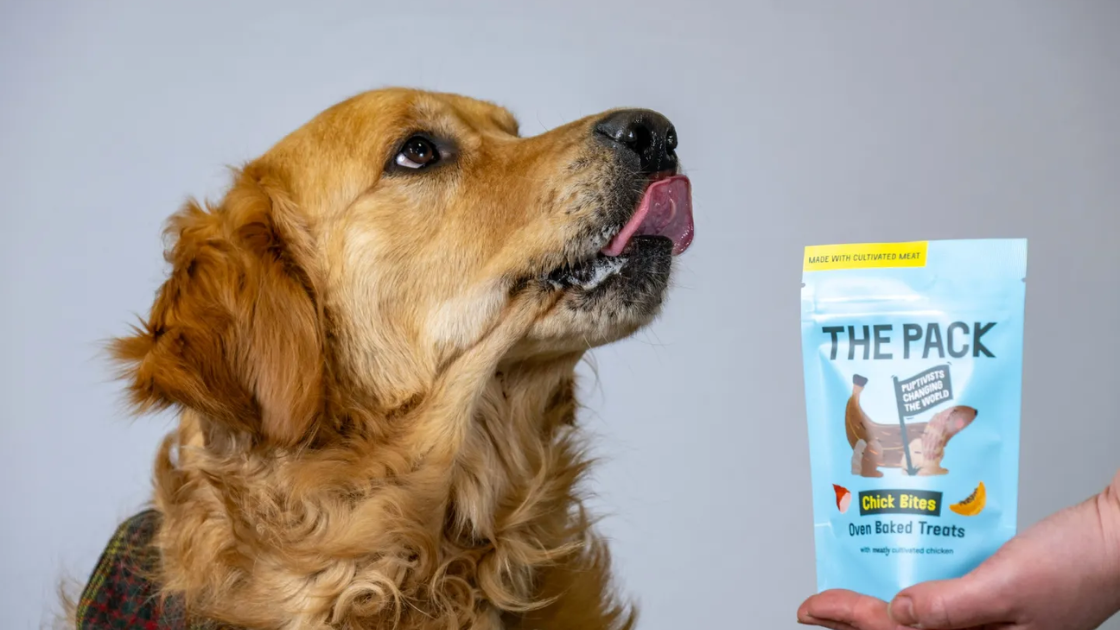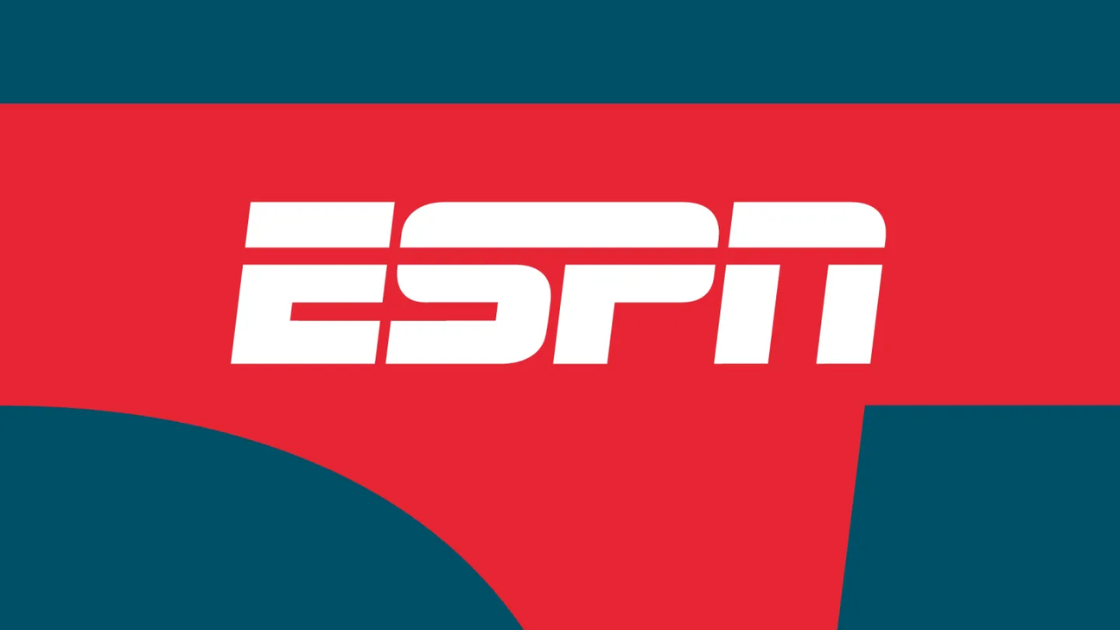Wrap up your week with the latest in tech news. We’re summing up all the headlines you won’t want to miss. From Claude AI to ESPN and more, we’ve got you covered!
Spotify and Warner Music Group Expand Partnership with New Multi-Year Deal

Spotify and Warner Music Group have signed a new multi-year agreement aimed at enhancing audio-visual streaming and introducing new paid subscription tiers. While financial details remain undisclosed, the deal is expected to expand Spotify’s content offerings and may include a premium tier featuring long-awaited HiFi lossless audio. This move follows a similar agreement with Universal Music Group, signaling Spotify’s push for higher-priced subscriptions and deeper engagement with superfans. The deal also includes a direct licensing model with Warner Chappell Music, reinforcing their royalty payment structure amid ongoing criticism of Spotify’s artist payouts. Meanwhile, Warner Music Group has acquired a controlling stake in Tempo Music, further expanding its catalog of major artist rights.
Lyft Partners with Anthropic to Integrate AI-Powered Customer Support

Lyft has teamed up with Anthropic to implement its Claude AI assistant for handling customer service inquiries, beginning with driver support. The AI-powered system has reportedly reduced resolution times by 87%, addressing common questions while redirecting complex issues to human specialists. However, given past concerns about impersonal service, drivers may be wary of further automation. Lyft is also leveraging generative AI for engineering tasks, with AI contributing to 25% of its code. Looking ahead, Lyft and Anthropic plan to expand Claude’s role across more of the platform’s features.
AT&T Introduces Branded Call Messages for Android Users

AT&T has expanded its branded calling feature, allowing businesses to display call reasons—such as “refill reminder” or “delivery service”—directly on the incoming call screen of Android phones. This enhancement, developed in partnership with TransUnion, aims to improve call transparency and is integrated with the STIR/SHAKEN protocol to combat spam. While currently exclusive to Android, industry experts anticipate the feature becoming standard across all mobile devices in the future.
Warner Bros. Adds 30+ Free Movies to YouTube

Warner Bros. has unexpectedly uploaded over 30 full-length films to its official YouTube channel, allowing viewers to watch them for free. The selection includes classics like Michael Collins (1996) and The Mission (1986), alongside infamous flops such as The Adventures of Pluto Nash (2002). Notably, many of these films aren’t available on Warner Bros.’ streaming service, Max, and the company has provided no explanation for the move. This comes after a series of content removals under CEO David Zaslav, making the free offerings feel like a rare—if perplexing—gesture of accessibility.
World’s First Lab-Grown Meat Dog Treats Launch in the UK

UK-based company Meatly has launched Chick Bites, the world’s first dog treats made with lab-grown meat, in a limited release at a single Pets at Home store in Brentford. Produced in collaboration with vegan pet food brand The Pack, the treats combine plant-based ingredients with cultivated chicken grown from a single egg cell. While currently available only in small quantities, Meatly plans to scale production over the next few years. This milestone follows the UK’s approval of lab-grown pet food in July 2024, positioning it as a leader in sustainable pet nutrition.
Disney Expands ESPN Streaming Strategy with Standalone App and Bundles

Disney is pushing to make ESPN available “however and wherever” consumers want, CEO Bob Iger announced during an earnings call. The company plans to offer ESPN through a standalone app launching in fall 2025, traditional linear channels, and rival sports streaming bundles. The new app will feature betting, fantasy sports, and extensive customization while integrating with Disney Plus and Hulu. Disney sees streaming as the future of sports consumption, aiming to grow ESPN’s reach among younger audiences rather than just preserving its traditional TV model.
